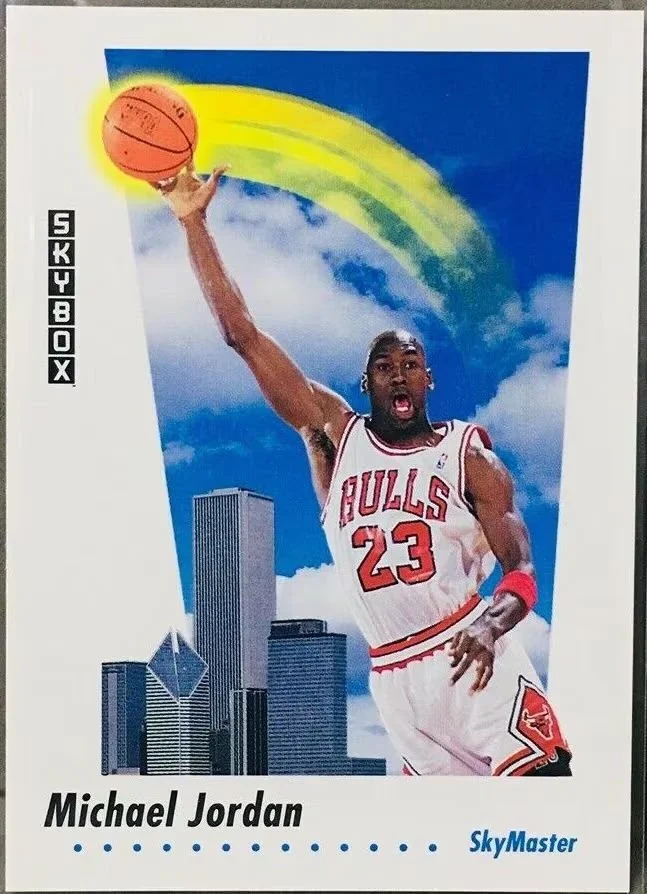Have you ever been in this situation?
You’re working on a project with another person and throughout the process it becomes clear that they have high anxiety about the outcome of your work. It gets to the point where it almost feels like they’re expecting things to go wrong. They ask questions, but not the helpful, clarifying kind. More like the urgent, panicked kind.
It’s a bit insulting, isn’t it? Or maybe it’s just me. But in a few circumstances I’ve been in the position of working with someone who expresses so much anxiety about the project that it’s hard not to feel like it’s a vote of no confidence.
A lot of these ideas came up during my time outside on a recent camping trip. For our family, it was our first camping trip in nearly two years, as our youngest kids are finally back at a good age for camping weekends. Here’s the micro-adventure in vlog form.
Lately, I’ve been more aware that I tend to take this to heart, and it’s not a great feeling. I know that growing up I often struggled with feeling a bit underestimated and so every time I had to pair up with an anxious collaborator it wasn’t a pleasant experience. I was especially annoyed whenever the person’s anxiety didn’t come to me directly and I found out in roundabout ways that my partner lacked confidence.
I’m thankful I’ve done a bit of the work to know that this is something I’m a big more sensitive to. I’m thankful to have some inklings about where that comes from. I know that I was especially prone to being insulted by the anxiety of others when I was younger, less experienced, and I constantly felt the need to prove myself.
Now that I know I’m sensitive to this, I can work on being less reactive to it.
The thing that’s helped me take this less personally is recognizing that some people are simply above average when it comes to anxiety. It often takes the form of behaviors like verbally expressing doubt, perfectionism, and micromanagement. That scrutiny you get is most likely due to the other person. Not you.
An analogy I use sometimes: Imagine being on a basketball team with Michael Jordan and a bunch of scrubs. Let’s just say that on the court, it’s you, your anxious collaborator, MJ. Rounding out the team are Wayne Knight of Seinfeld fame, and Bill Murray. It’s a partial Space Jam reference and your overanxious collaborator has the ball.
His feet stop. He’s gotta pass.
He scans the court. Who does he go to?
In his right mind, the choice is obvious. Gotta go with the GOAT.
In all likelihood he does.
But remember that anxiety is not a logical actor. So even though he passes to Mike, a whole bunch of second guessing kicks in.
If you’re Michael Jordan in this scenario it’s probably pretty reasonable to feel insulted in this scenario. Heck, if you’re Patrick Beverly you should be insulted. None of the alternatives are ballers.
But you gotta not do what MJ so famously admits to doing in The Last Dance.
Don’t take it personally.
In general, across a whole bunch of different areas in life, it gets way easier to not be thrown off by other people’s commentary or feedback if you keep in mind the fact that most of it reflects their inner state more than your own. Of course, words and feels are all real, and so this is always easier said than done, but letting the awareness sink in that this is part of human nature tends to be a big help.
It also invites you to reconsider the times and ways you express your own doubts about certain things and whether those approaches might be a bit insulting to others. I am a big believer that a lot of times, the main thing it takes to get a person to blossom is a simple, clear demonstration that somebody believes in them and their ability. A belief that they belong.
Regardless of how skilled or accomplished a person might be, so many people constantly struggle with that question of whether or not they belong. Sometimes it takes the form of impostor syndrome or just old school self-doubt. Whatever it is, it’s helpful to remember that having somebody’s back doesn’t always mean coddling or double checking what they do. Sometimes it looks like demonstrating trust.
I’ve found it strangely reassuring to remember that most people are anxious about themselves, their work, and how it will be received. This is so widely the case that people’s thoughts are primarily turned inward rather than outward when it comes to criticism and judgment. I’ve found this tendency to be freeing, knowing that people are their own harshest critic. People may extend their own self-criticism your way if you happen to be collaborating on something together.
I think I’ve gotten to a much better spot when it comes to receiving the anxiety-laden thoughts of somebody I’m working with. On one hand, my job is always simply to do the best I can and to remember that the thoughts and feelings of others are usually out of my hands. On the other hand, if there’s something within my power that can help somebody through those concerns, why not?
Learning how to let go of taking things too personally invites a whole lot of freedom. It’s a much better spot to create from, and it can help you respond to anxious collaborators with more empathy and calm, rather than defensiveness and reactiveness.





